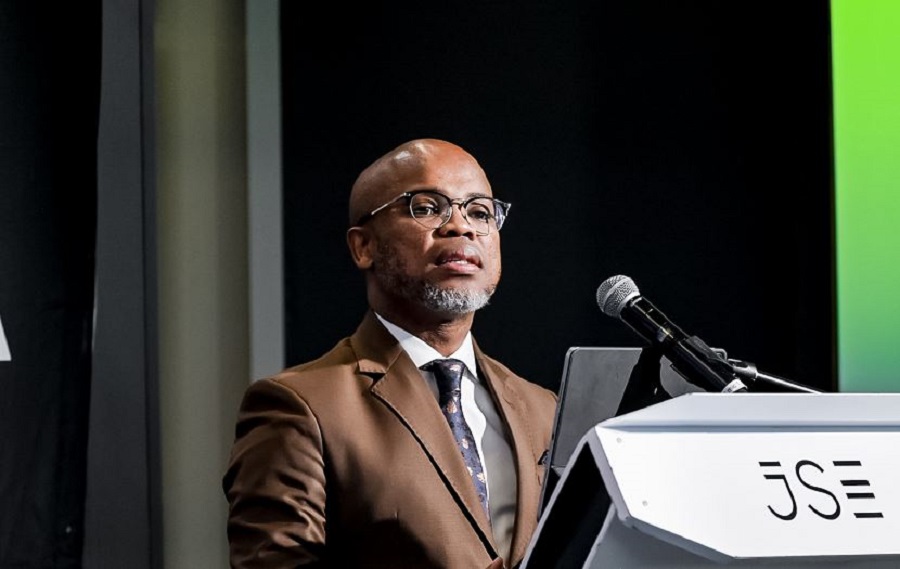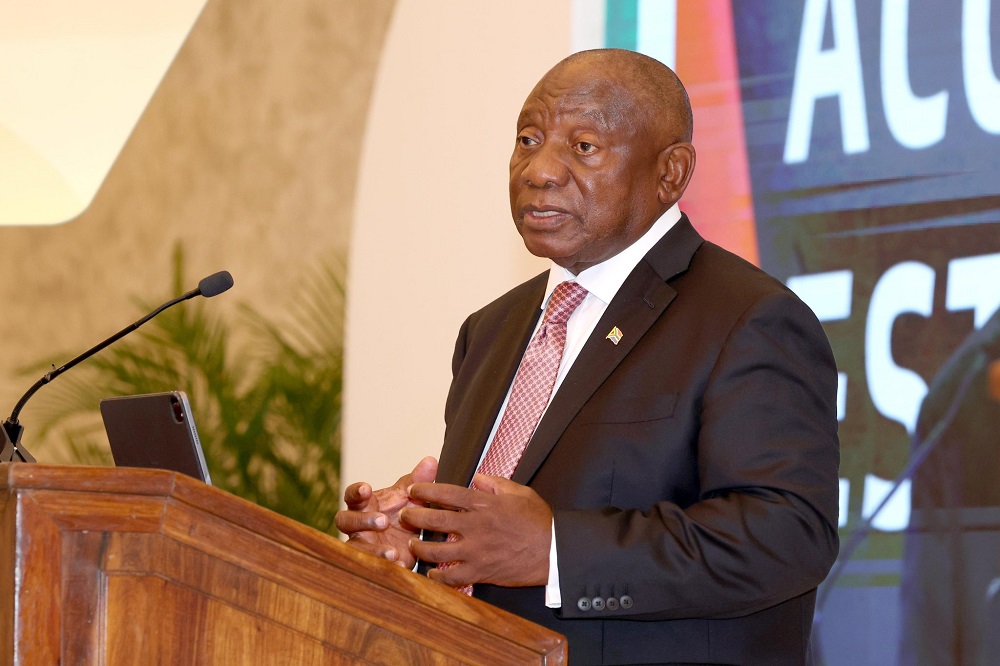-
Financial Sector Conduct Authority (FSCA) Commissioner, Unathi Kamlana
The Financial Sector Conduct Authority (FSCA) Commissioner Unathi Kamlana has urged leaders to prioritise values over value.
Addressing the 11th Archbishop Thabo Makgoba Development Trust Annual Lecture at Rhodes University this week, Kamlana reflected on the crises facing South Africa and the world, arguing that a renewed focus on integrity and ethics is essential to prevent systemic harm.
He argues that the relentless pursuit of financial value without a moral compass has led to devastating consequences, citing the 2008/09 Global Financial Crisis and local scandals like the collapses of Steinhoff and VBS Mutual Bank.
The lecture by the FSCA Commissioner highlights the high cost of greed, calling for ethical leadership.
Kamlana points to the Steinhoff and VBS Mutual Bank scandals as stark local examples of what happens when leaders abandon values.
He notes that the Steinhoff collapse saw a R200 billion global retail empire fall due to fraud, ruining pension funds and investors, while the VBS debacle robbed some of the most vulnerable South Africans of their savings.
Kamlana says the serious socio-economic challenges faced by South Africa demand vision, integrity, and courage from those entrusted with the responsibility and privilege of leadership.
“Let me underscore the sentiment that we cannot be content to live in an endless cycle of chasing quick gains. That is not what will secure the future of our institutions or our society. Those who are in leadership must make integrity-driven choices even when faced with pressure or in times of crisis. This is the only way we will build lasting trust and not leave broken institutions for future generations to inherit. History has shown us time and again, from 7 financial crises to corporate scandals here at home, that when value is pursued without values, the outcome is not prosperity but destruction.”
Kamlana says the challenges the world faces, including the effects of climate change and technological disruptions, require leadership that puts people first.
Kamlana adds, “Our changing world is testing leadership more than ever before. The challenges are vast: geopolitical tensions, technological disruption, climate risk, social inequality, and political instability. In such a context, leadership cannot be reduced to chasing profits. It must be anchored on something deeper, and that is, putting people first, and balancing innovation with inclusion, efficiency with fairness, and growth with sustainability.”
The FSCA Commissioner has implored that values must also be reinforced within the very institutions that hold positions of trust, saying this is where governance becomes critical.
He says governance bodies of financial institutions must be the frontline enforcers of ethical behaviour and guide the basic principles of right and wrong.











